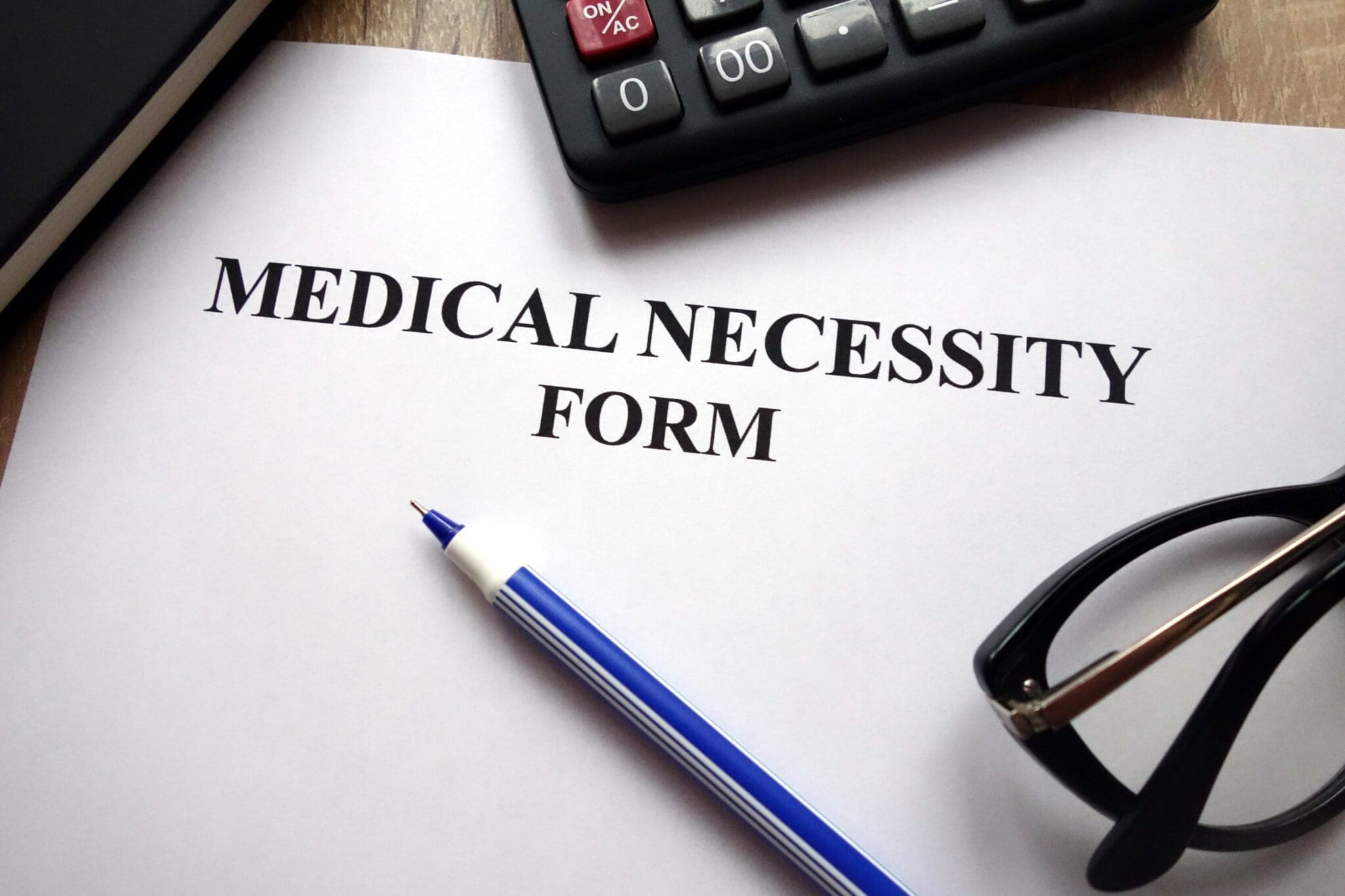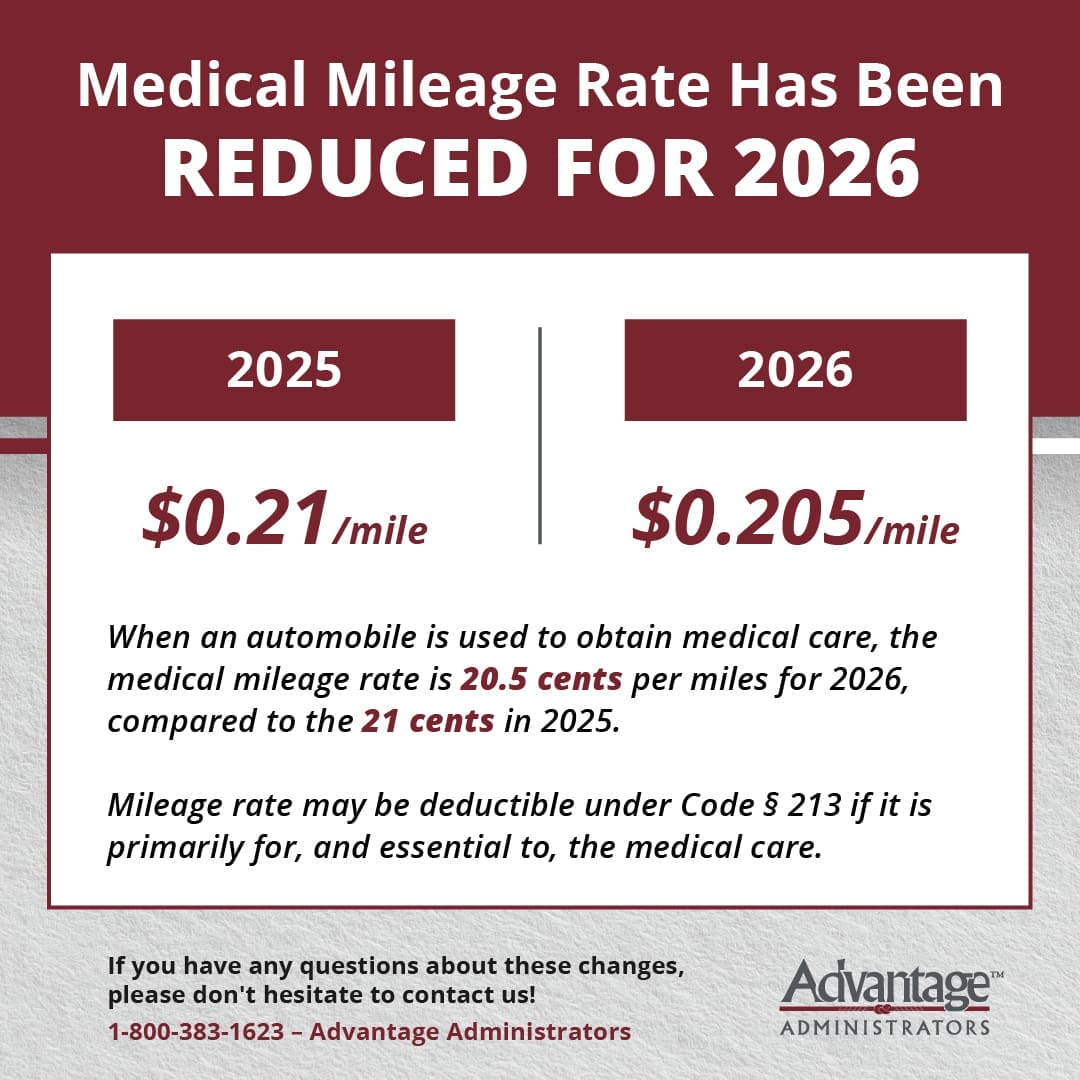COVID-19 National Emergency Coming to an End
Recently, President Biden advised Congress of his plans to end the two COVID-19 emergencies as of May 11, 2023. What this means from a COBRA and employee benefits stand point is that the temporary extensions introduced during the pandemic will come to an end. As the end of the declarations draw closer, it is important to understand what will happen to healthcare costs. We’ve created a list of key things to know.
COBRA
The end of the national emergency will end extensions announced in the EBSA Disaster Relief Notice 2020-01, which provided beneficiaries and COBRA participants time to send notifications about COBRA, opt into COBRA benefits and pay premiums. The extensions were retroactive to any deadline occurring March 1, 2020 until 60 days after the national emergency has ended or until one year has passed, whichever happens first.
FSAs and HRAs
The EBSA Disaster Relief Notice 2020-01 also granted a temporary extension for run-out periods for those enrolled in flexible spending accounts (FSA) and health reimbursement accounts (HRA). The extra time gave participants additional time to submit claims for any active plan year they are enrolled in that has a run-out period ending between March 1, 2020 and 60 days after the national emergency has ended or until one year has passed, whichever happens first.
Telemedicine
Before the pandemic, those enrolled in Medicare in many rural areas were the only people who could use Medicare to pay for telehealth appointments. COVID-19 made telehealth a more flexible option than in-person appointments. President Biden signed a $1.7 trillion bill in December 2022 that included an additional two-year extension to continue Medicare telehealth coverage through 2024.
The $1.7 trillion bill also extended a provision that provided assistance to health savings account (HSA) participants. HSA-qualifying plans will be able to continue with telehealth services on a pre-deductive basis through 2024.
The information in this blog post is for educational purposes only. It is not investment, legal or tax advice. For legal or tax advice, you should consult your own counsel. To stay up to date on benefits trends and insights, subscribe to our blog.










 Flex Plans
Flex Plans Forms
Forms HSA
HSA HRA
HRA Retirement
Retirement Health Shopper
Health Shopper FSA Store
FSA Store